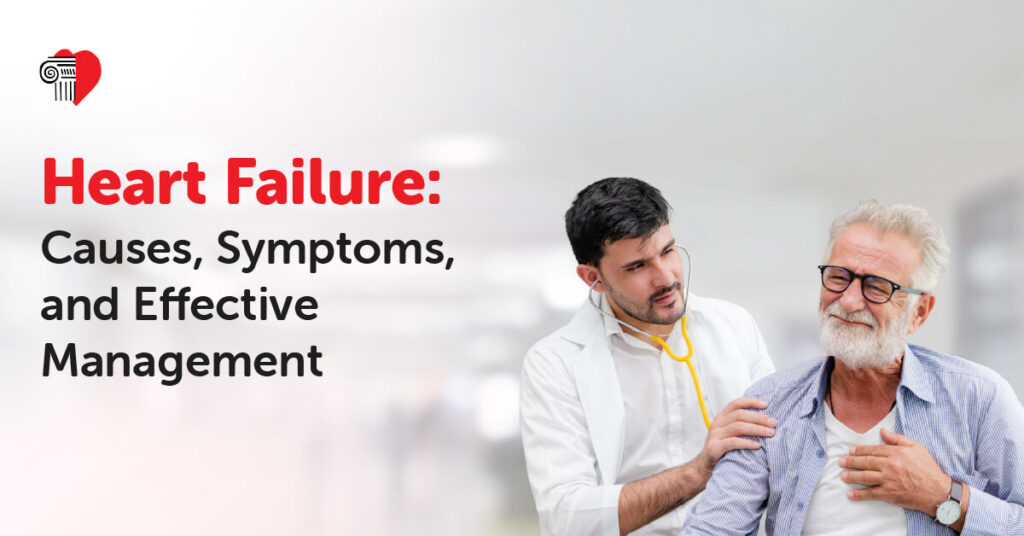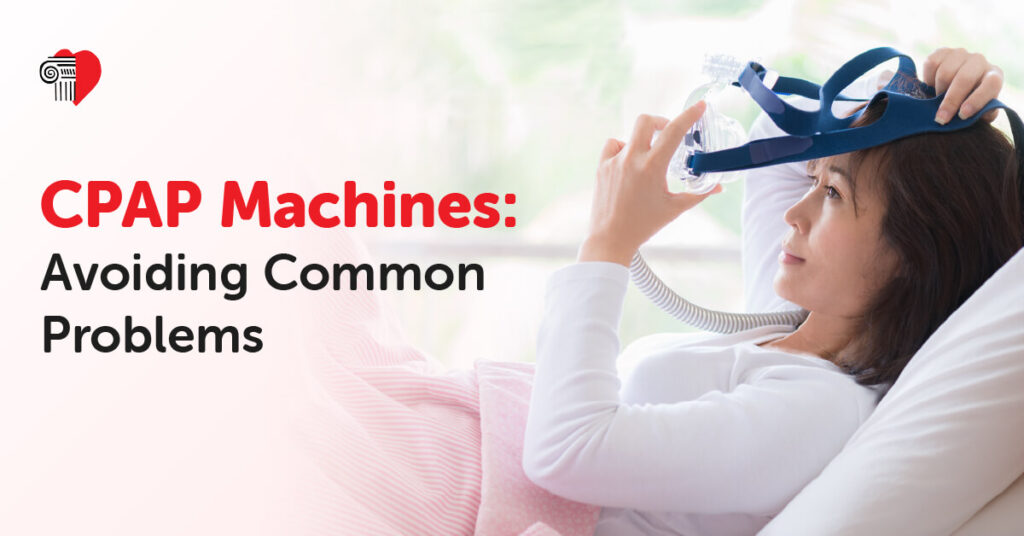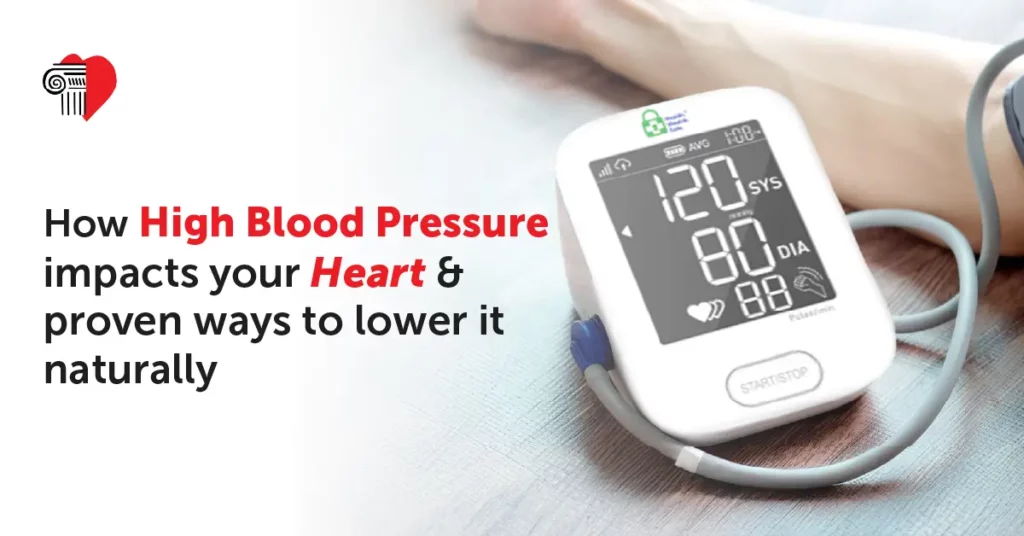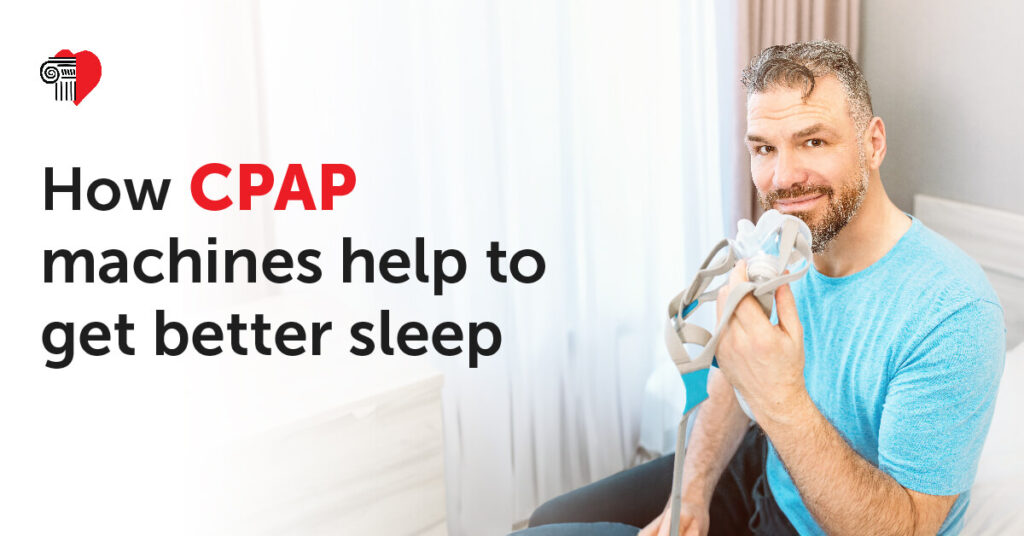Heart Failure: Causes, Symptoms, and Effective Management
Introduction Millions of people worldwide suffer from heart failure, a dangerous medical condition. It happens when the heart cannot pump blood effectively, which results in insufficient oxygen and nutrient circulation. Despite its severity, early diagnosis and appropriate treatment can greatly enhance patients’ quality of life. To increase knowledge and comprehension, we will examine the causes, signs, diagnosis, and treatment of heart failure in this blog. What is Heart Failure? Heart failure is a sign that the heart’s capacity to pump blood efficiently has diminished, not that the heart has stopped beating. The left, right, or both sides of the heart may be impacted by this disorder, which can cause congestion and fluid accumulation throughout the body. Causes of Heart Failure Heart failure is caused by several factors, including: Coronary Artery Disease (CAD): Over time, the heart’s ability to pump blood is diminished due to blockages in the coronary arteries. High blood pressure: Also known as hypertension, makes the heart work harder, which ultimately wears out the heart’s muscles. Diabetes: Elevated blood sugar damages blood vessels and increases the risk of heart disease. Heart Attack: An abrupt stoppage of blood supply to the heart muscle can cause irreversible harm and impair heart function. Cardiomyopathy: Conditions that impair the heart muscle can make it less effective at pumping blood. Heart failure can result from valve dysfunction, which puts stress on the heart. Congenital Heart Defects: Some people have structural heart defects from birth, which over time may cause heart failure. Obesity and Sedentary Lifestyle: Being overweight increases cardiac strain, and not exercising deteriorates cardiovascular health. Alcohol and Drug Abuse: Abuse of drugs and alcohol can weaken the heart’s muscles and cause damage to the heart. Symptoms of Heart Failure The following are typical heart failure symptoms, which vary based on the severity of the condition: Dyspnea(shortness of breath)- It is the inability to breathe, particularly when lying down or exerting oneself. Weakness and Fatigue: Weakness results from decreased blood flow to the muscles. Edema(swelling)- It is the accumulation of fluid in the legs, ankles, feet, or abdomen. Fast or Unusual Heartbeat: The heart may attempt to make up for its inefficiency by beating more quickly. Wheezing or Persistent Cough: A persistent cough can result from fluid buildup in the lungs. Fluid retention: It is the cause of sudden weight gain. Concentration Issues: Brain function may be impacted by poor circulation. Nausea or Appetite Loss: Fluid accumulation in the digestive tract can cause digestive problems. Diagnosis of Heart Failure A combination of physical examination, medical history review, and specialized testing are necessary to diagnose heart failure. These tests include: Echocardiogram (Echo)- An ultrasound test called an evaluates the structure and function of the heart. Electrocardiogram (EKG or ECG)– It measures electrical activity and identifies abnormal heart rhythms. Chest X-ray- It can reveal an enlarged heart or a buildup of fluid in the lungs. Blood tests: Look for biomarkers of heart strain. Stress Tests: Assess how well the heart works when exerted. Cardiac MRI or CT scan: It produces fine-grained pictures of the anatomy of the heart. Management and Treatment of Heart Failure Although heart failure is a chronic illness, patients can live happy, fulfilling lives if their condition is properly managed. Medication, medical procedures, and lifestyle modifications are the mainstays of treatment. 1. Changes in Lifestyle Healthy Diet: A diet high in fresh fruits and vegetables, low in saturated fats, and low in sodium is heart-healthy. Frequent Exercise: Light to moderate physical activity strengthens the heart. Weight management: The heart is less stressed when one maintains a healthy weight. Limiting Alcohol and Giving Up Smoking: Heart health can be enhanced by cutting back on alcohol consumption and giving up smoking. Managing Stress: Methods such as yoga and meditation assist in controlling heart rate and blood pressure. 2. Medications Doctors may prescribe medications to manage symptoms and improve heart function, such as: ACE Inhibitors & ARBs – help relax blood vessels and reduce heart strain. Beta-Blockers – Slow the heart rate and lower blood pressure. Diuretics (Water Pills) – Reduce fluid buildup and ease swelling. Aldosterone Antagonists – Help control blood pressure and prevent fluid retention. Digitalis – Strengthens heart contractions and regulates heart rhythm. 3. Medical Procedures and Surgical Options For severe cases, medical procedures or surgery may be necessary: Implantable Cardioverter Defibrillator (ICD) – Helps regulate abnormal heart rhythms. Cardiac Resynchronization Therapy (CRT) – A pacemaker improves heart coordination. Coronary Bypass Surgery – Restores blood flow in blocked arteries. Heart Transplant – For end-stage heart failure, a transplant may be the last resort. Prevention of Heart Failure Maintaining a heart-healthy lifestyle and controlling pre-existing medical conditions are key to preventing heart failure. Managing blood pressure and cholesterol levels is one way to lower risk. Also, Effective diabetes management. Keeping up an active way of living. Eating a well-balanced diet full of nutrients that are good for the heart. Avoiding excessive alcohol use and tobacco use. Undergoing routine examinations to keep an eye on heart health. How AHC Specialty Clinic Can Help in Managing Heart Failure Sleep disorders, particularly obstructive sleep apnea (OSA), have been closely linked to an increased risk of heart failure and cardiovascular disease. AHCSPC specializes in CPAP machine support, services and refurbishing, which are crucial in managing sleep apnea—a common condition among heart failure patients. 1. Role of Sleep Apnea in Heart Failure Sleep apnea can worsen heart failure by causing repeated oxygen deprivation, leading to increased blood pressure, irregular heartbeats, and heart strain. Research has shown that treating sleep apnea with CPAP therapy significantly reduces the risk of heart failure progression. 2. How AHCSPC Supports Heart Patients CPAP Therapy & Support: Provides Continuous Positive Airway Pressure (CPAP) machines to help patients breathe properly during sleep, reducing heart strain. Machine Refurbishing & Repairs: Ensures that patients have access to fully functional CPAP devices, which is critical for effective treatment. Replacement Services: Offers affordable device replacements, helping patients stay on track with their sleep apnea treatment. Expert Consultations:
Heart Failure: Causes, Symptoms, and Effective Management Read More »






